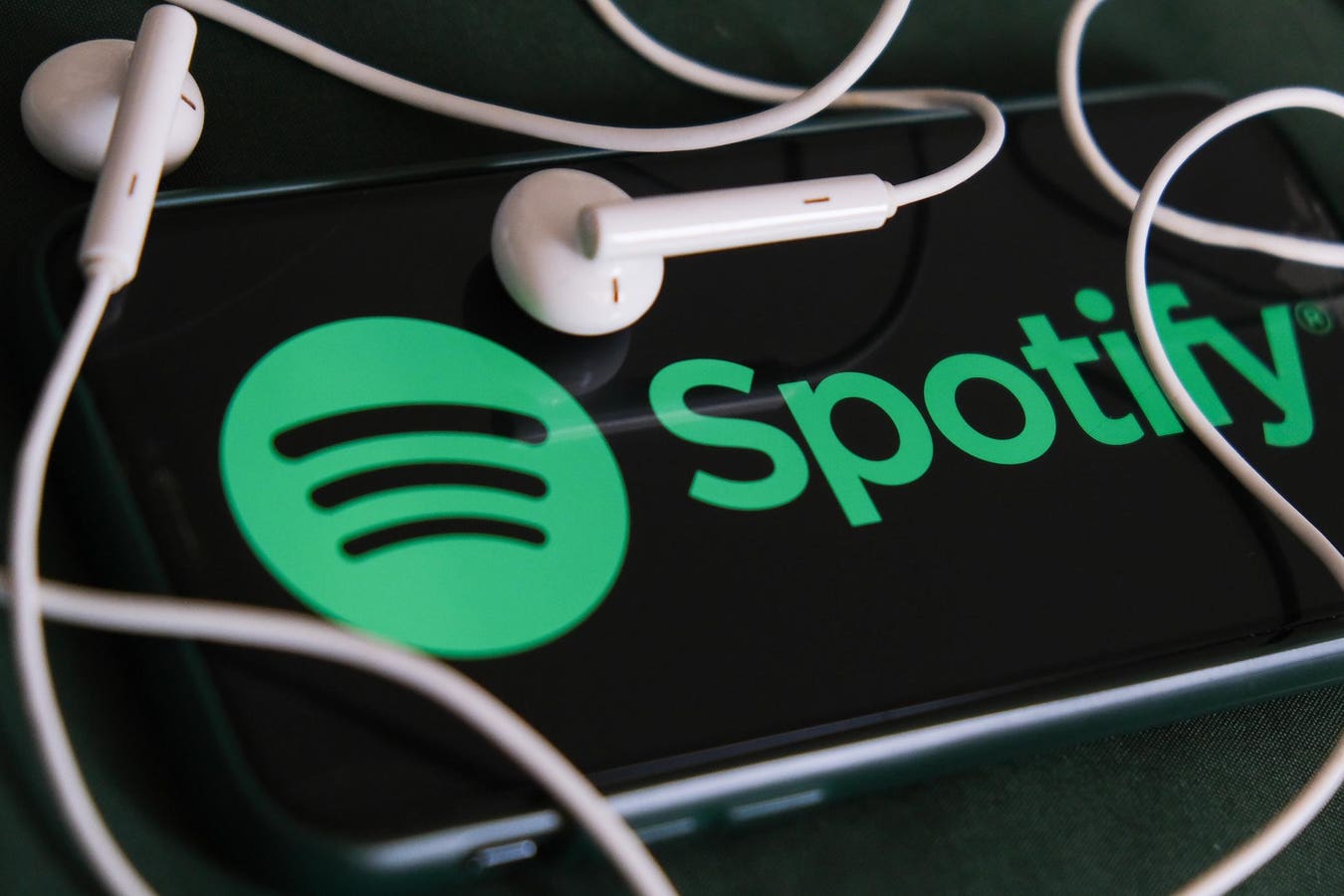Not all Broadway songwriters will be in the money next year.
Starting in January, the music streaming platform Spotify will no longer pay royalties to the creators of any songs played less than 1,000 times in a year. The change is expected to impact about two-thirds of the tracks on the platform, and a lot of the less popular Broadway cast recordings.
For example, the cast recording of the 1989 Broadway musical revue Black and Blue, which was a nominated for the Grammy Award for Best Musical Theater Album, receives less than 1,000 streams each year. According to Spotify, only about 53 users listen to some of its songs each month.
“Right now, streams and revenue are effectively synonymous, but by this time next year, they will mean very different things,” observed Mark Mulligan, the founder of the research and analysis firm MIDiA Research. Only the streams after 1,000 streams will count now for purposes of calculating revenue, and “[t]he majority of artists direct will no longer be paid for their contribution to the value of the $11.99 subscription,” he stated.
As a result, it is probable that the rightsholders of Black and Blue will be getting any greenbacks from Spotify.
“It will definitely have a negative impact on some artists, as not all tracks reach the 1,000-play threshold,” added Van Dean, the president of Broadway Records, which releases many Broadway cast recordings. “I don’t think Spotify’s royalty model properly compensates artists, and those who support them, for their work,” he added. “Instead of looking for ways to cut back, they should be looking for ways to better support and reward their artists,” Dean said.
Although a thousand streams of a song might not result in much revenue, some artists might decide to pull their works from Spotify in hopes of making money elsewhere. Other music streaming platforms like Amazon Music and Apple Music do not require a certain number of streams in order to receive royalty payments.
However, along with TikTok and other forms of social media, Spotify has helped lesser-known musicals find audiences, and, in some cases, gain the interest from producers and the funding from investors necessary to bring them to Broadway.
Several years after premiering at a small New Jersey not-for-profit theater in 2015, the musical Be More Chill blew up on social media and was produced on Broadway. “I was like, maybe somewhere three people discovered this cast album,” recalled the book-writer, Joe Tracz. But, “[t]hen those three people became 30, which became 300, which became over 150 million streams on Spotify,” he stated.
In addition, the live off-Broadway cast recording of Hadestown released in 2017 helped the musical make it to the Great White Way two years later.
Almost immediately, the cast recording was streamed more often than the cast recordings of some new Broadway shows, amazing its lead producer, Mara Isaacs. “It was like a little Off-Broadway show last summer,” she stated a few months after its release. “Where did all these people come from?” Isaacs asked.
The producers of a new musical, Treason, boasted about how its cast album was streamed millions of times on Spotify in order to secure financing for a full production in London’s West End later in the month. The show hopes to follow in the footsteps of the British musical Six, which arrived on Broadway with the second-most streamed cast recording behind Hamilton.
But, until the musicals break through the noise to attract large audiences, their creators might not receive any royalty payments from Spotify.
Read the full article here





